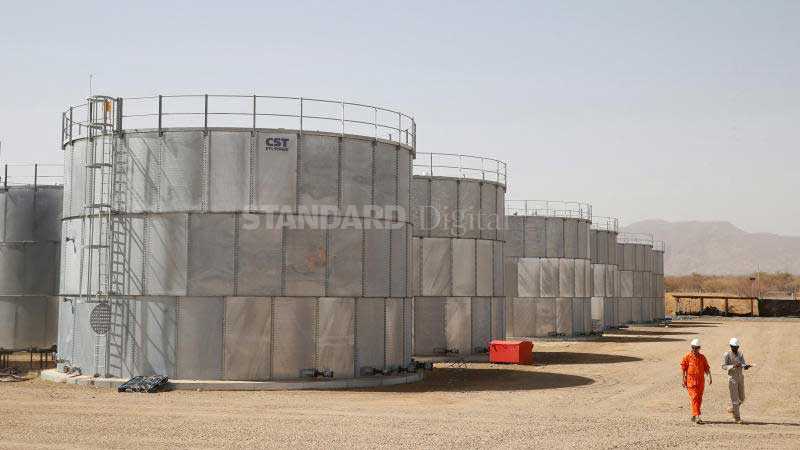×
The Standard e-Paper
Home To Bold Columnists

President Uhuru Kenyatta announced, after an agreement on revenue sharing was reached, that production from the Turkana oilfields would commence soon.
The agreement provides for the national government, county government and host community to share revenue on a 75:20:5 percentage basis. This removes the only hurdle that was left standing in the way after the other components of the Petroleum (Exploration, Development and Production) Bill were settled with minimal contention.